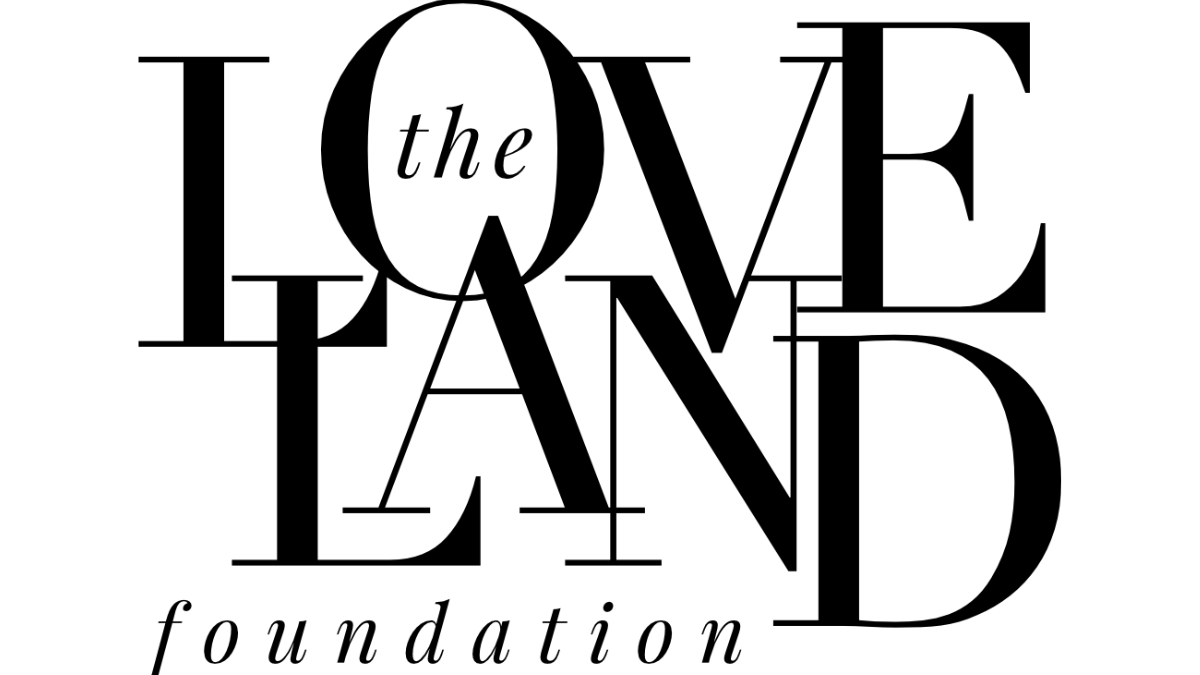Honoring Resilience and Addressing Mental Health Disparities
July is recognized as BIPOC Mental Health Awareness Month, a time dedicated to celebrating the strength and resilience of communities of color while addressing the ongoing challenges they face in accessing mental health care. This month serves as a reminder of the urgent need to dismantle systemic barriers that prevent equitable mental health support for marginalized groups.
At the forefront of this movement is the Loveland Foundation, an organization committed to providing healing and support specifically for Black women and girls. Founded in 2018 by Rachel Cargle after a viral birthday fundraiser, the foundation has made significant strides in offering free, culturally competent therapy across the nation. To date, the Loveland Foundation has provided over 210,000 hours of therapy, making a meaningful impact on the lives of countless individuals.
The importance of this work cannot be overstated. According to the U.S. Department of Health and Human Services, Black Americans living below the poverty line are three times more likely to report serious psychological distress compared to those above the poverty line. These disparities highlight the deep-rooted issues that continue to affect mental health outcomes within the Black community.
Systemic Barriers to Mental Health Care
Access to mental health care remains a challenge for many due to a variety of systemic factors. These include:
- Lack of insurance or underinsurance: Many individuals do not have access to affordable mental health services.
- Stigma: Cultural and societal attitudes can discourage people from seeking help.
- Limited availability of culturally competent providers: There is a shortage of mental health professionals who understand and respect the unique experiences of Black individuals.
- Lack of diversity in the mental health workforce: The profession often lacks representation from communities of color.
- Distrust of medical institutions: Historical mistreatment and systemic racism contribute to a reluctance to engage with healthcare systems.
- Socioeconomic disparities: Structural inequalities rooted in historical adversity continue to impact access to care.
These barriers create a cycle that disproportionately affects Black women and girls, making it even more critical to address them through targeted efforts like those led by the Loveland Foundation.
Ways to Support the Loveland Foundation
Supporting the mission of the Loveland Foundation is essential to creating lasting change. Here are several ways you can contribute:
- Champion the Cause: Use social media to raise awareness and funds for the foundation’s initiatives.
- Donate: Make a one-time or recurring donation to help fund therapy sessions for those in need.
- Start a Giving Circle: Gather friends or colleagues to sponsor therapy sessions together.
- Utilize Corporate Matching or Donor-Advised Funds: Many companies offer matching gift programs. The Loveland Foundation is listed on platforms like Benevity Causes Portal and Fidelity Charitable.
- Make Stock Donations: The foundation accepts stock donations through Fidelity Investment, offering a tax-efficient way to give.
By supporting the Loveland Foundation, you are helping to build a future where mental health care is accessible, inclusive, and effective for all.
For more information or to make a contribution, visit thelovelandfoundation.org. Your support can make a difference in the lives of Black women and girls across the country.







